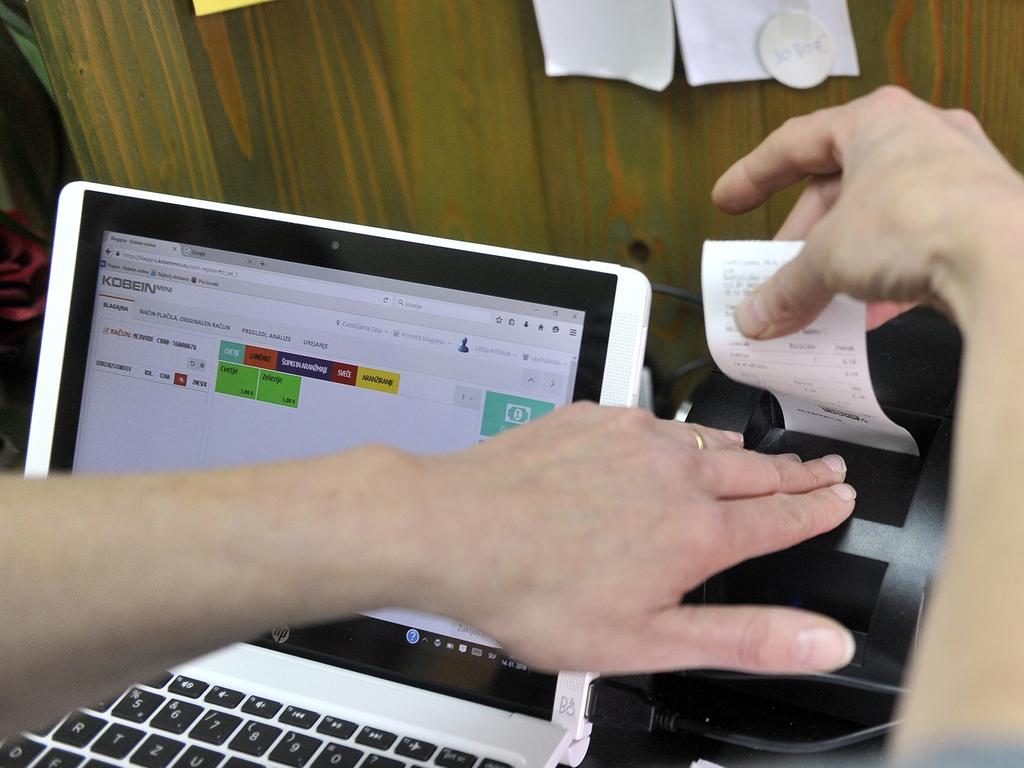
The biggest increases occurred with revenue from small companies, namely in retail, the restaurant industry, and the car repair sector. Despite the success of the project, on-site inspections are still needed, according to Financial Administration officials. Unregistered workers will receive particular scrutiny from the inspectors.
More than half of the 81 million euros consists of net Value Added Tax payments. In VAT calculations, users of fiscal cash registered have reported an additional 850 million euros in revenue and 25% more cash turnover, which means that there is less unrecorded cash in circulation, explains Peter Grum from FURS:
"The system of fiscal cash registers forces employers to legalize their employees' status. There is less wiggle room with informal cash transactions, and this is one of the key benefits of fiscal cash registers," said Grum.
Fiscal cash registers are partly responsible for the reduction in Slovenia's gray-market economy, but the exact extent is not known. The authorities have kept a close eye on the introduction of fiscal cash registers, but now plan to increase oversight of welfare contributions, the Value Added Tax, and unregistered workers. FURS has no legal authority to enter places of residence, but it can use other methods to ensure the taxpayers' cooperation, explains Peter Jenko: "These approaches vary widely. We make undercover purchases from people who aren't officially registered. To some extent, these inspections are conducted without prior notification."
FURS is counting on the help of ordinary citizens to uncover unregistered workers in areas such as plumbing installation, house painting, ceramics making, or cosmetic services. Last year alone, FURS conducted 27,180 inspections, reported some 1100 violations and issued just less than 1.9 million euros in fines. Most of the violations occurred in the restaurant and retail sectors.
Simeona Rogelj (RA SLO)
Translated by J.B.

































































